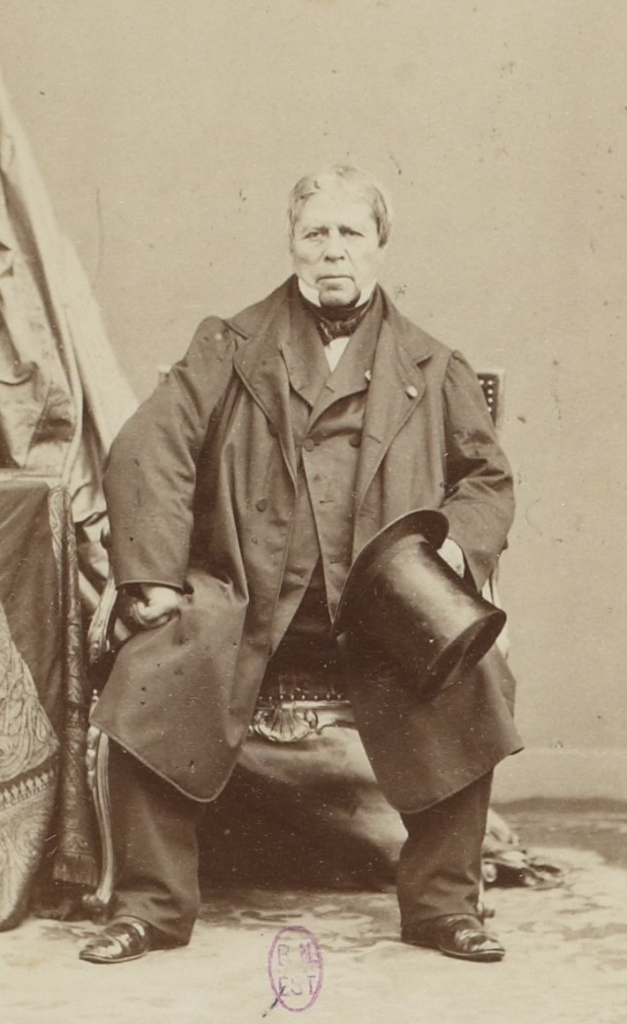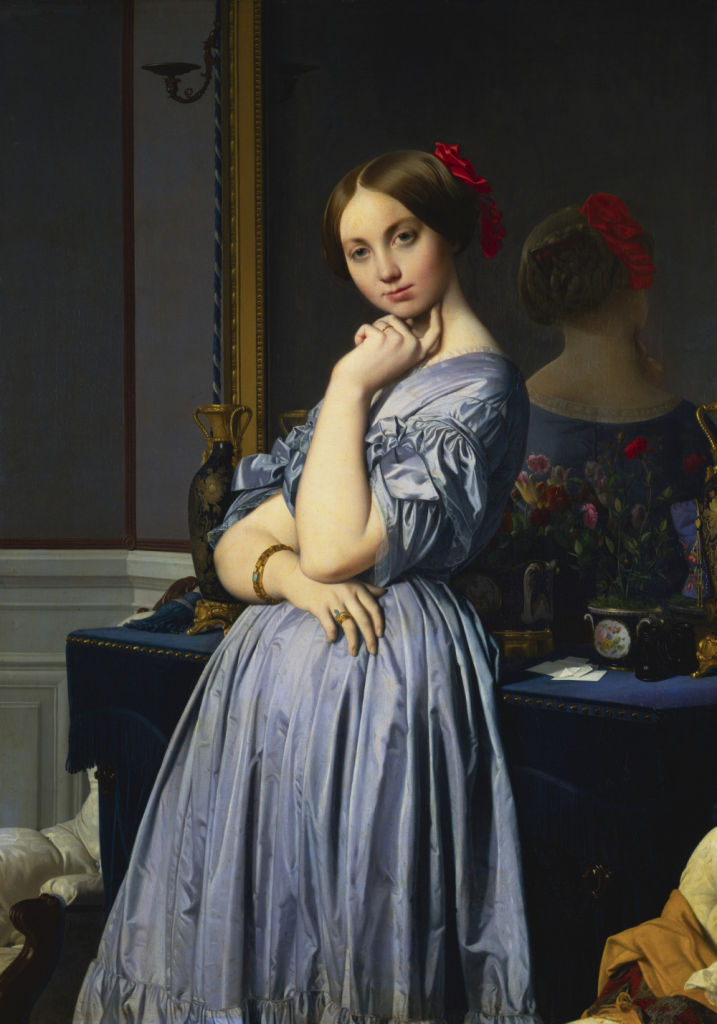Being an Aging, White Baby Boomer, former history teacher who knows things change but history is always peaking around the corner of the future and who longs for the 19th century in so many ways, and who was once adept at technology and now has given up (and often arming for the fight against) learning and adopting the endless “improvements” in AI, it still frustrates me that my quest to engage in the world, to appreciate all that man is capable of, to remain au courant becomes the most daunting of goals.
My love of Appalachian music and its roots in the Old World has taken me to many wonderful events and has allowed so many hours of sublime listening. That Aaron Copland understood its import to this country’s roots and culture, or that Country Music has to acknowledge its unique place, regionally and culturally is obvious, but that it has its own roots nationally in every country has led the likes of Yo Yo Ma to embrace the Silk Road Ensemble. A local phenom, Gus LaCasse, who has wowed the coast of Maine with his skills for years, is another advocate for historical roots and links to national music with his love of and competence in playing Acadian music. His skills have taken him to college in Newfoundland and his interests are far beyond music as he imbibes in political science, economics, philosophy and such to enhance his appreciation of all things human. He is currently covid distanced from Newfoundland and working with a good friend, Bowen Swersey on Mount Desert. We met up with the two in our socially-distanced visits while summering in Acadia. At one such lunch time meeting at Ted’s, our favorite goto food truck in Northeast Harbor, Gus came along for a visit. It’s always great to catch up with him as his interests are so wise and varied that bely his youthful status. As I appreciate his musical skills and his overlap of my Appalachian loves, I had recently run across a group called the Danish Quartet. They are a collection of young Vikings who pull bows across strings, or hit old-fashioned percussion instruments, or incorporate the most advanced digital musical enhancements and are just a few years senior to Gus. I thought he might know them and, if not, be guided to another group to enjoy. I mentioned them and he lit up, said he did know them. But, then asked if I knew the Dreamers’ Circus. The same Danish Quartet classic musicians also are the ones playing all this Scandinavian folk music and composing their own tunes. He knew all of the members’ bios and had been following them for years. So much for being au courant.

In that vain of failure, it has recently come to my attention that there are two comedians who have been available and widely known for over a decade, Desus and Mero, aka The Bodega Boys. They have been touted in the New Yorker, on NPR and many other media platforms. They hail from the Bronx and their urban slant on the world has become legendary. They have been approved by David Letterman and in the recent political world their platform is valuable to the likes of Kamala Harris. Their popularity earned them a slot on Showtime and their followers take in every bit of their Bodega Boy bravura. You can follow them on Twitter. Or their podcast on Spotify or TuneIn. Boy, do Black Lives Matter!
That their popularity is widespread is established, though their niche does not share the Venn Diagram with Trump voters. That said, many liberal Democrats might take issue with their approach to life. They are from the Dominican Republic and Jamaica and their immigrant upbringing, each being first generation American, is central to understanding their Bronxness, their values and their humor. In listening to a segment, the one that introduced me to them, on CBS Sunday Morning, there was a reference to the term ‘nigger’ that offended me. Actually offense is too strong a word. It is repellant, but its usage in their personal, private context for me is the most problematic. That the world knows its source and the force of its denigration of the black race is universal. But, in the past few decades its usage is now a thing of pride among many blacks. My question is whether this is a racist usage, fomenting the very racism many of us would like to avoid and eliminate. If there is an us against them, especially predicated on race when we should be celebrating ethnicity and what it can offer in terms of culture. I have written about this term before, but the two Bronx blacks’ open use and their support of such usage in public in their own grouping has brought me to the computer this time.
In my lifetime I have never used this word against another person. I knew this from an early age. My father, though he harbored endemic racism from his upbringing in the coal region of Kentucky, would also never denigrate another person directly, While he was capable of generalizations regarding race that were untoward and he was suspicious of that which was the other, his wartime experiences and love of the Japanese after fighting them in the hills of Okinawa belie his endemic upbringing and demonstrate that he was truly a decent human being. One of our best friends in our Vienna days was Bernard Stackhouse, an English teacher from Virginia; black and gay. He broke free of the classroom and started a restaurant selling Mexican fare. I, being artistic, was asked to decorate the inside walls. I could not resist the entrance hall being adorned with a Mexican farmer bringing a burro-load of watermelons to the restaurant. When my dad met him on a visit to Vienna after my mother passed away, he became good mates with Bernard. When my dad was buried some years later we had a Marine Honor Guard salute him into the new world at his gravesite. One was a black Woman Marine…..loved it. I’ve written about my own failures with race in my transitioning to adulthood and understanding, but I don’t believe any of my experiences and gathering of knowledge and wisdom support the notion that any use of the word nigger in close company is acceptable.
That Mark Twain, or James Baldwin, or Spike Lee, or Quinton Tarantino use it is another thing. Cultural and artistic context offer different insights. But, hopefully those references do not legitimize the use of the term. I understand that it is a complex issue and that the current reaction, yet again, to blacks being subjugated in this country has brought out Black Lives and sometimes violent reprisals against an anonymous societal symbol of suppression by blacks when yet another example of racial treatment at the hands of a government institution surfaces. Tyler Perry, SNL and many other prominent directors, writers and comedians have discussed and some have pushed for a legitimization of the term. There is no consensus in the black world, which is heartening. I side with Maya Angelou when it comes to racist terms; it is not done…..ever.
My basketball career allowed my the privilege and opportunity to compete with many blacks in a sport dominated by them for the past fifty years. The culture they have developed within the sport is not lost on me and I was able to keep up with nearly all of the good players, black or other. While competing in San Diego, whose black district is called Lincoln Heights, it was there that I occasionally ventured with friends with whom I’d played in college and on the many courts of the county to play on the public courts in the YMCA gyms of Lincoln Heights. Though it wasn’t the outdoor courts of New York’s boroughs where so many fabulous players got their start, the caliber of ball was useful to our level of skill and we enjoyed the competition. Our reputations preceded us and we were always welcomed. Still, it was a segregated game on many levels and made me uneasy in that separation. Yet, I remember only respect for each others’ talents and the simmering racism was never outward or considered personal other than the confines of the societal context that existed in the 60s and early 70s. My own attitude was to always respect the player and never would I have issued a statement claiming a black player as “other” than me in any verbal way. I wish I could have dealt with that simmering racism better at the time. I hope it is much different in 2020 in Lincoln Heights and elsewhere on the courts of San Diego.
Enjoy the following links to expand your own understanding of who the Bodega Boys, Desus and Mero, are and what they offer. There are other links to expand on the issue of nigger in today’s society, too.
https://www.elle.com/beauty/makeup-skin-care/news/a47441/desus-mero-jeffree-star/
https://www.washingtonpost.com/wp-srv/style/longterm/books/chap1/nigger.htm
https://graduateway.com/use-of-the-word-nigga-in-society/
https://www.salon.com/2013/02/21/is_it_ever_okay_for_white_people_to_say_the_n_word/
https://www.salon.com/2012/12/27/tarantino_is_the_baddest_black_filmmaker_working_today/
http://www.daveyd.com/spikepolitics.html
https://www.bbc.com/news/uk-53657013
https://www.theodysseyonline.com/the-word-and-why-it-matters
https://www.newyorker.com/culture/the-new-yorker-interview/desus-and-mero-have-conquered-comedy
 The year 2020 has disrupted the lives of all the earth’s inhabitants. Nothing has escaped the impact the virus has had on living things, some outcomes positive and so many devastating. The field of education, as a philosophical and practical discussion, has been possibly permanently altered. As with so many of the impacts the virus has had on so many issues and interactions in societies, we know that we can’t do or approach them the way we had in the past, as the probability of a returning pandemic is very real and requires all individuals in all walks of life to take heed and prepare. There are also opportunities for change this radical disruption has opened up to us. Rarely does society get the opportunity to alter course because of forced accommodation, and so often when a major historical disruption intercedes do the leaders in charge take advantage to chart a better course.
The year 2020 has disrupted the lives of all the earth’s inhabitants. Nothing has escaped the impact the virus has had on living things, some outcomes positive and so many devastating. The field of education, as a philosophical and practical discussion, has been possibly permanently altered. As with so many of the impacts the virus has had on so many issues and interactions in societies, we know that we can’t do or approach them the way we had in the past, as the probability of a returning pandemic is very real and requires all individuals in all walks of life to take heed and prepare. There are also opportunities for change this radical disruption has opened up to us. Rarely does society get the opportunity to alter course because of forced accommodation, and so often when a major historical disruption intercedes do the leaders in charge take advantage to chart a better course. The
The 






